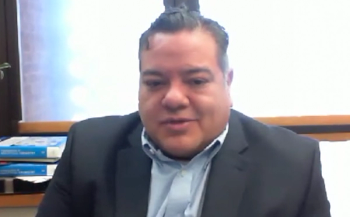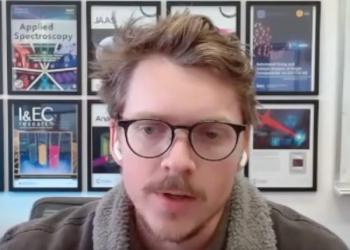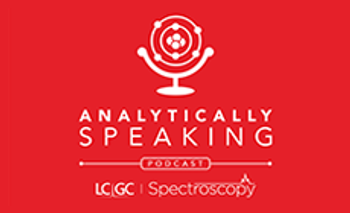
ICDD Ludo Frevel Crystallography Scholarship Recipients Announced
The International Centre for Diffraction Data has selected the recipients for the Ludo Frevel Crystallography Scholarship.
The International Centre for Diffraction Data has selected the recipients for the Ludo Frevel Crystallography Scholarship.
For 2017, ten scholarships were awarded to students pursuing research topics such as real-time monitoring of solid-state reactions using X-ray powder diffraction and the study of battery materials through operando X-ray analysis. The ICDD will present each of these students with a check in the amount of $2,500 to assist in the continuation of studies in their selected fields of crystallographic research.
These scholarships are named for Ludo K. Frevel (1910-2011). Frevel joined the Dow Chemical Company spectroscopy laboratory in 1936 and was a top scientist there until his retirement. He held 60 patents and co-authored 446 technical papers, publishing his most recent paper at age 95. He was co-author with Hanawalt and Rinn on the 1938 paper, “Chemical Analysis by X-ray Diffraction.” He also wrote some of the first computer automated material identification software using X-ray powder diffraction data.
Newsletter
Get essential updates on the latest spectroscopy technologies, regulatory standards, and best practices—subscribe today to Spectroscopy.




